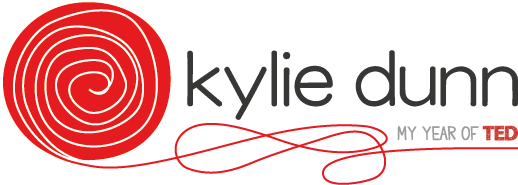What Makes a Good Life? - A TED Talk on Relationships
TED recently released a talk from Robert Waldinger on What makes a good life?, and it's worthwhile watching. Turns out there is a Harvard Study of Adult Development that has been working with a group of men for 75 years to see if there are any identifiable factors for happiness and health.Waldinger's talk is about how good relationships help keep us healthy and happy - shocking I know! Seriously, we know this as humans, but there are so many things we know that we don't use to inform our own lives. He raises three big points they have reached from the research:
- Social connections are good - loneliness kills. People who have good social connection to family, friends, community etc. have better health outcomes. Don't confuse loneliness with 'being alone' - people can be alone and not be lonely, just like people can be in a relationship and feel desperately lonely.
- It's not the number of friends or your relationship status - it's about the quality of those relationships. Good, close relationships buffer us from the struggles and challenges of our lives, particularly as we age; relationships that are full of conflict can be toxic to our health and well-being.
- Good relationships don't just protect our bodies, they protect our brains - the research shows there is a correlation between good relationships and people keeping their memories sharp. Interestingly, the definition of "good" here isn't about a lack of conflict in a relationship; it's about a relationship where two people feel they can always count on each other.
It's quite a fascinating talk, longitudinal research like this is quite rare. I won't distract from what I think are very relevant points about life to discuss the lack of female participants; I guess it is a 75 year old study, but still...So, based on these three points - do you think you have a good life? Are you setting yourself up to live a happy and healthy existence in this world? Or is there something missing in the quality of your relationships - particularly your closest relationship? Something to think about, and maybe redress in 2016.

